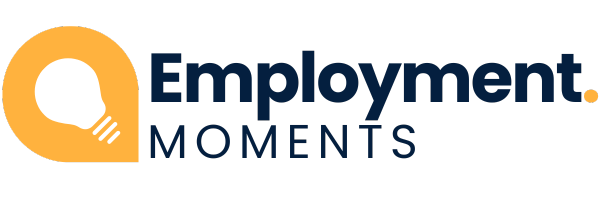In today’s fast-changing work world, focusing on professional growth is more important than ever. With more job openings, people need to find ways to move up in their careers quickly. The U.S. Bureau of Labor Statistics says learning new skills is key to getting hired and finding better jobs.
Continuous learning is now a must for career success. As the LinkedIn Learning Report points out, learning new skills is not just good—it’s necessary. This article will show you the key steps to improve your professional skills.
Understanding Professional Development
Professional development means getting new skills and experiences for your job. It can be through formal classes or learning on your own. People take workshops, seminars, and online courses to get better at their jobs.
These activities help you learn new things and improve your skills. This is important for moving up in your career.
What is Professional Development?
Professional development is about getting better at what you do. It’s about learning new skills and improving the ones you already have. This helps you keep up with changes in your job.
Companies want their employees to grow. This way, they stay ahead in their field. As jobs change, learning new things is key to keeping your career going.
The Importance of Continuous Learning
Learning all the time is key to growing in your career. In tech fields, knowing the latest trends is vital. Learning new things keeps you relevant in your job.
Learning for life helps you and your company succeed. It makes you strong against changes in the job market.
Setting Clear Goals for Growth
Setting clear goals is key for professional growth. It helps align efforts with personal values and skills. This sets the stage for success and fulfillment in your career.
Define Your Career Aspirations
Start by defining your career goals. Think about what makes you happy and fits your long-term plans. Reflecting on your skills and past experiences helps find the right path.
A clear goal acts as a guide. It helps make decisions and focus your efforts.
SMART Goals for Professional Development
Using SMART goals makes achieving your goals more likely. SMART stands for Specific, Measurable, Achievable, Relevant, and Time-bound. Each part ensures your goals are clear and reachable.
Forbes says setting goals boosts your chance of career success. The American Management Association found that clear goals lead to big progress. Gallup highlights the importance of goals in keeping you motivated and engaged.
Engaging in Lifelong Learning
Lifelong learning is key for professional growth in today’s fast-paced job market. It helps professionals stay ahead by exploring different learning opportunities. Both formal education and informal learning, like workshops, are important for skill improvement.
By using both old and new learning methods, people can discover new skills and insights. These are vital for their career paths.
Types of Learning Opportunities
There are many ways to grow your knowledge. Online sites like Coursera and Udemy offer courses for various fields. Local colleges also have workshops and classes for specific skills.
Attending conferences and seminars is another great way to learn. It also helps you meet industry experts.
Finding Relevant Courses and Workshops
Finding the right courses can really boost your career. Look at platforms that focus on professional training. Sites like Skillshare and LinkedIn Learning have courses for all levels.
Using these resources, you can find learning paths that match your career goals. This makes learning more efficient and effective.
Networking and Building Relationships
In today’s fast-changing work world, networking and building relationships are key. The right connections can lead to new chances and insights that help you grow. Learning how to network well is crucial for building a supportive community that helps you grow.
Strategies for Effective Networking
Use social media like LinkedIn to connect with industry pros and show off your skills. Going to industry events and conferences is also great. It lets you meet people who think like you and build strong professional ties.
Joining professional groups can make you more visible in your field. It also helps you meet more people.
The Role of Mentorship in Professional Development
Mentorship is key for anyone wanting to move up in their career. Mentors guide you, share their stories, and help you through tough times. This can really shape your career path for the better.
Studies from places like McKinsey show that good mentoring boosts job happiness and keeps people in their jobs longer. By focusing on networking and mentorship, you set yourself up for long-term success and growth.

